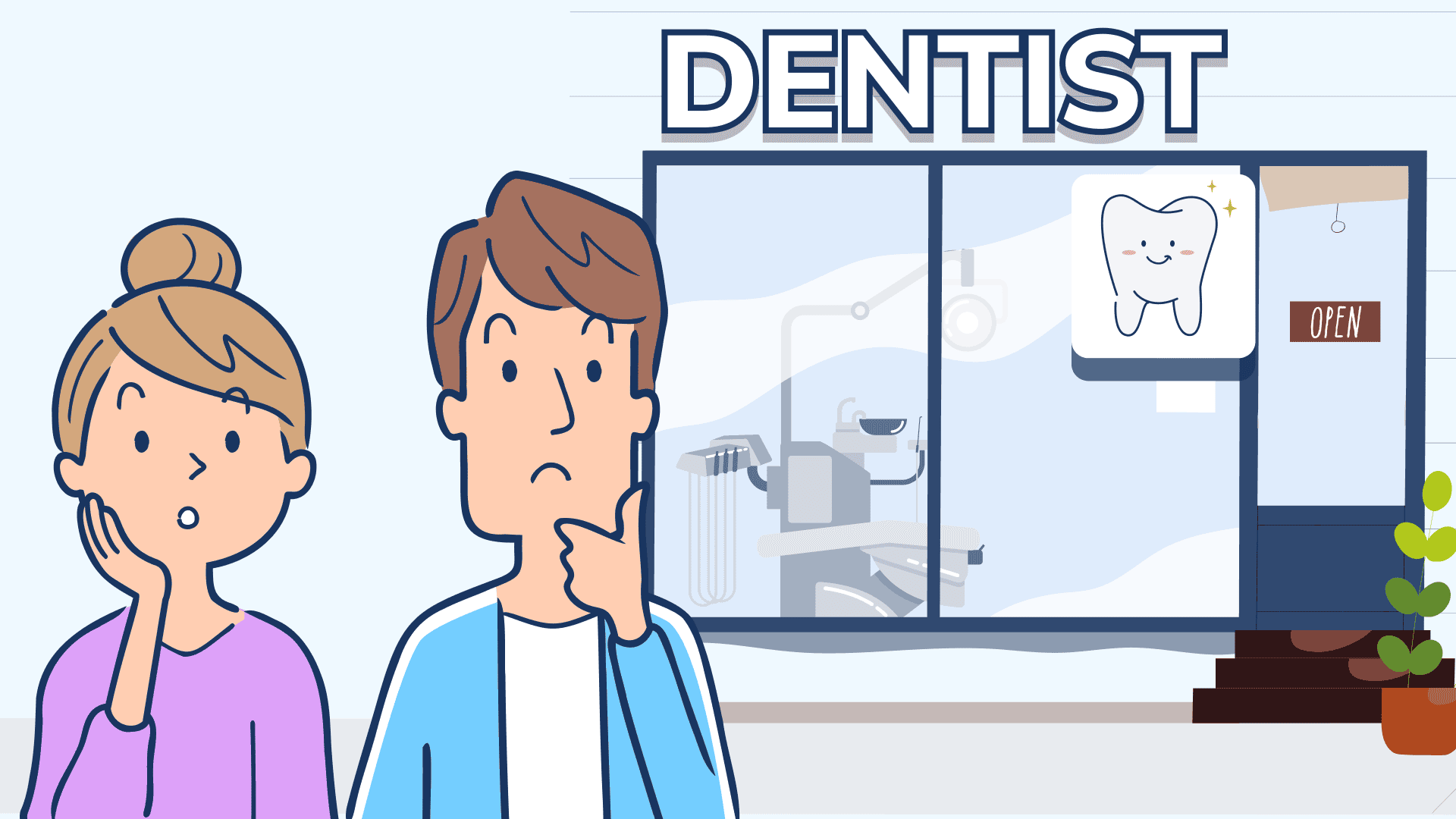Time to read : 4 Minutes
For reasons I’ve never been able to quite fathom, Medicare does not cover the cost of most dental care. I was able to have a sports-injured shoulder repair done in 2022 without paying a cent. But an urgent tooth repair? No chance.
Dental treatment isn’t covered by Medicare and that’s led to a sharp increase in Aussies accessing their super early to pay for dental work.
Industry groups and the private health insurance sector are warning about the potential rise in out-of-pocket medical costs.
Perhaps the biggest concern is how early superannuation access for dental care will affect our super balances and retirement.
The health insurers representative body Private Healthcare Australia (PHA) cited one alarming scenario: a 40-year-old withdrawing $20,000 would be $100,000 poorer at retirement.
Using super to pay for dental care
Australian superannuation rules have long allowed for early access to funds on compassionate grounds in certain circumstances.
Yes, but: the use of this rule by people who were struggling financially during the pandemic has raised public awareness that tapping into your super is an option.
It’s resulted in an increase in applications for early access, with dental care payments a primary driver.
Of the $761.7 million approved for release on compassionate grounds last financial year, 41% was for dental care.
What is the difference between essential and non-essential dental
Super funds can only be released on compassionate grounds and approvals should be granted only for essential dental work. So what’s considered ‘essential’?
Fillings and necessary tooth extractions form part of this definition, but advances in related treatment have brought associated cost increases.
Australian Dental Association executive councillor Dr Andrew Gikas, provided an example from his own practice whereby a patient required major work.
The treatment plan included 22 teeth to be pulled and dentures made. While the work would cost the patient a couple of thousand dollars, if the patient had chosen to have implants – which are gaining popularity – the cost would have been between $40,000 and $50,000.
What about cosmetic dentistry?
You probably wouldn’t expect cosmetic dentistry to be defined as essential, but super funds have apparently been used for this purpose.
The CEO of PHA, Rachel David, said frustration with long waiting lists had partially driven this trend. “It has also been exacerbated by unscrupulous operators and brokers who are preying on vulnerable consumers,” she said. “This practice is actually pushing up medical out-of-pocket costs and healthcare inflation.”
I have witnessed this. In 2023, I reported several cases of Instagram ads implying cosmetic dentistry could be paid for via early super access. Some even explicitly stated that falsehood.
Accessing super for dental care – yay or nay?
A bill now before parliament would legislate superannuation’s objective being to preserve savings for income in retirement.
Yes, but: the proposed legislation is not designed to change how members can access their super earlier in exceptional circumstances.
This leaves open the option for you to access your super for essential dental care. But like many other important decisions that would impact your back pocket, it’s best to seek both medical and financial advice before making a decision.
The bottom line
Medicare won’t cover you for most dental work.
Aussies are applying for early access to super to pay for major dental expenses, but this has major impacts to retirement income.
Advances and trends in dental treatments have increased costs making it harder for consumers to pay.
The definition of essential, non-essential and cosmetic dental should be clear and not attempt to mislead consumers.
You need to weigh up the pros and cons of accessing your super to pay for dental.
Go deeper:
Health disclaimer: This article contains general information about health issues and is not advice. It does not take into account your personal circumstances. For health advice, consult your medical practitioner. Always consult a financial professional before making a decision.
Disclaimer: All content on Expert Analysis website is of a general nature and has been prepared without taking into account your objectives, financial situation or needs. It has been prepared with due care but no guarantees are provided for the ongoing accuracy or relevance. Before making a decision based on this information, you should consider its appropriateness in regard to your own circumstances. You should seek professional advice from a financial planner, lawyer or tax agent in relation to any aspects that affect your financial and legal circumstances.


































